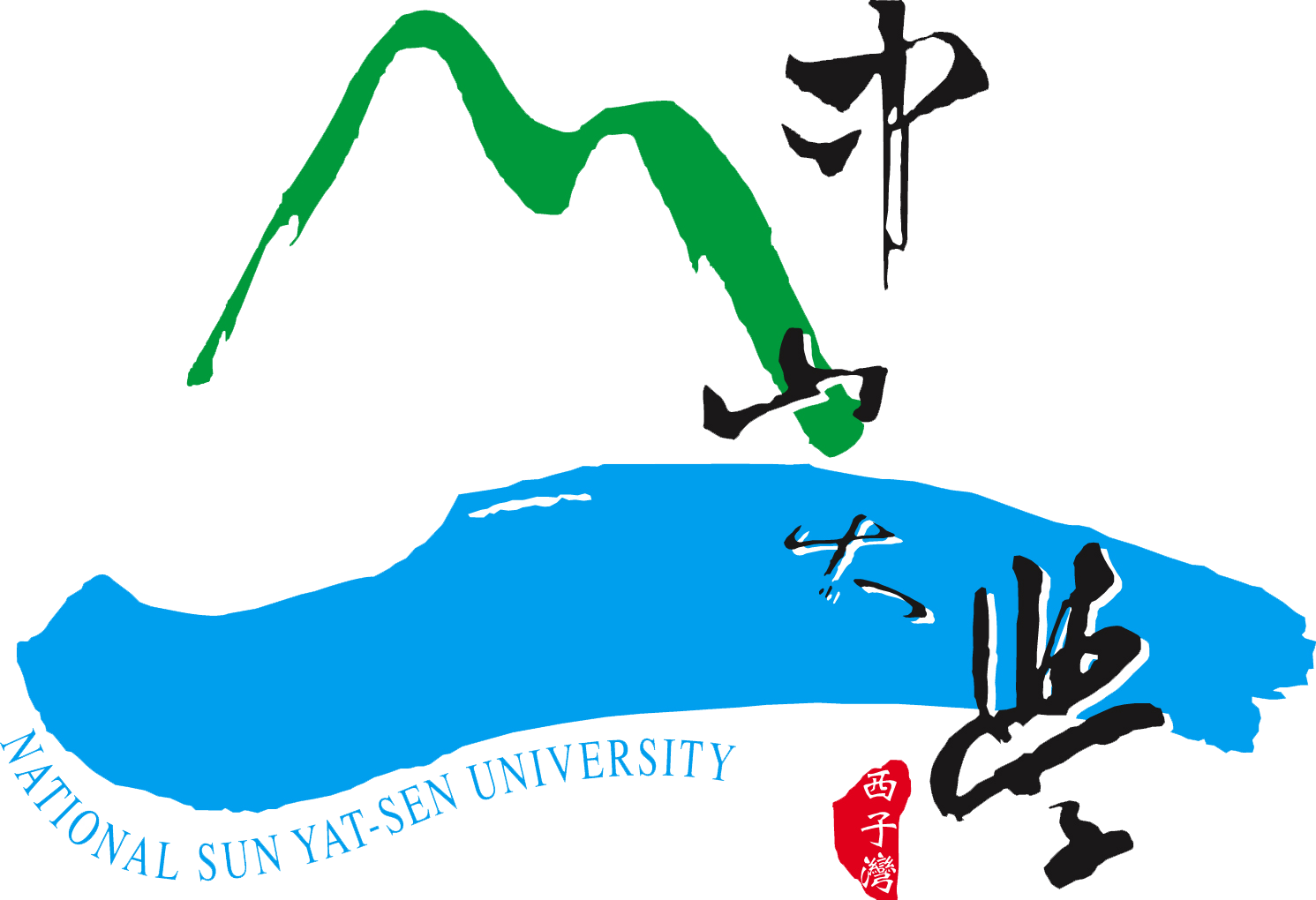Data-Intensive Quantum Materials Simulations Lab “DataQSim Lab”
Research Field
Dr. Johann Lüder is an assistant professor at the Department of Materials and Optoelectronic Science at National Sun Yat-sen University (NSYSU) in Kaohsiung. He develops machine learning approaches to advance computational material science methods, including theoretical X-ray spectroscopy simulation and first-principles methods such as Density Functional Theory (DFT) and Orbital-free DFT. He applies state of the art computational method to solve challenges regarding renewable energy, energy storage, catalytic conversion and molecular sensors at the nanoscale.
Our lab aims to advance technology and the well-being of humans and nature by understanding and optimizing materials, their applications and conversion processes through computational modeling. We work at the interface between physics, chemistry and data science with close experimental collaborations. Fundamental science, first principles simulations, machine learning, and data science techniques are our most used tools for scientific investigations.
- Machine learning in Materials Science, Physics and Spectroscopy
- Advancing Orbital-free density functional theory and local pseudopotentials with machine learning
- Improving Organic electrode materials for lithium and Post-lithium batteries through simulations
- Organic photovoltaic materials and degradation processes by atomistic modeling
- 3rd generation semiconductors design, optimization and application by first-principles calculations
- Computational modeling of covalent organic frameworks
- Photocatalyst and electrocatalyst modeling and optimization at the atomic scale
Maybe in the future …
- B.Sc. in Physics, Free University Berlin, Germany (Oct 2010)
- M.Sc. in Physics, Uppsala University, Sweden (Nov 2011)
- PhD, Uppsala University, Sweden (Mai 2016)
- Research Fellow, National University of Singapore, Singapore (July 2016 to July 2018)
